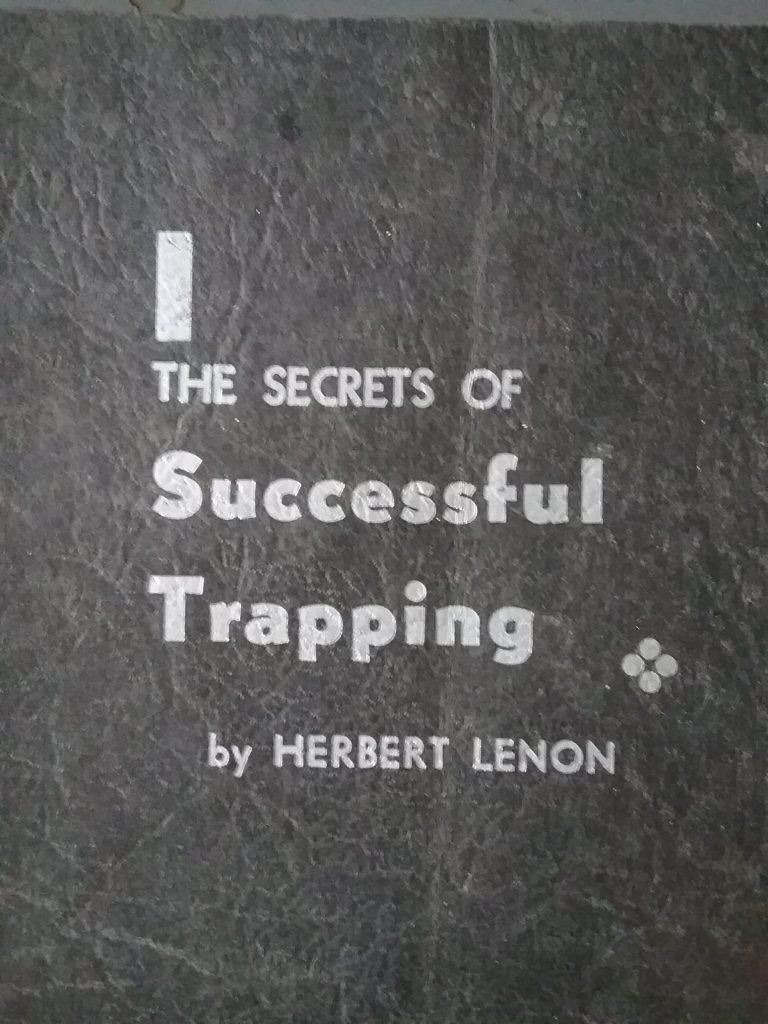 In his landmark 1944 book “The Secrets of Successful Trapping”, professional trapper Herb Lenon brought gold to the trapping world. Lenon was quite a successful trapper at the time and was developing quite a reputation. With this book, he provided a source of information that was hard to find in the trapping world in those days.
In his landmark 1944 book “The Secrets of Successful Trapping”, professional trapper Herb Lenon brought gold to the trapping world. Lenon was quite a successful trapper at the time and was developing quite a reputation. With this book, he provided a source of information that was hard to find in the trapping world in those days.
The book covered the basic concepts needed to be successful in all types of trapping, but focused primarily on fox, coyote, bobcat and wolf. At the time, Herb had recently set a record for most coyotes caught in the state of Michigan, and had bountied 38% of all predators bountied in that state for an entire year. To say he knew what he was doing was probably a bit of an understatement.
Over time, Herb Lenon developed an overall theory of trapping, and continually worked to prove or disprove different aspects of his theory. It’s in this way that he became a far more knowledgeable and successful trapper. He believed predators were smart, had an outstanding sense of smell, and needed to be outsmarted by understanding their habits and paying strict attention to scent control. He had a theory on the use of lure and bait, a theory on prospecting for fur, and so on.
Overall, Lenon believed there were no real secrets in trapping, which is interesting given the title of his book. It’s encouraging to read that some of the ‘no secrets’ ideas in trapping today were a big part of Lenon’s theory way back then. He also didn’t believe much in luck. Instead of bad luck, he stated that there was a lot of laziness, thoughtlessness, carelessness and lack of knowledge among trappers, traits which are often mistaken for bad luck. On the other hand, hard work and using one’s head could lead to what many might consider good luck.
The basic ‘secrets’ in Lenon’s mind were just good common sense tactics, including location, cleanliness and naturalness in trapping practices.
“The Secrets of Successful Trapping” is a classic in trapping literature. Through it, Herb Lenon brought some great information to the rest of the trapping world, and much of the knowledge he shared is still an asset to successful trappers in the modern era.
You are doing a great job Jeremiah. Keep up the good work. I really like your posts!
Thanks Fawn, I appreciate the kind words.